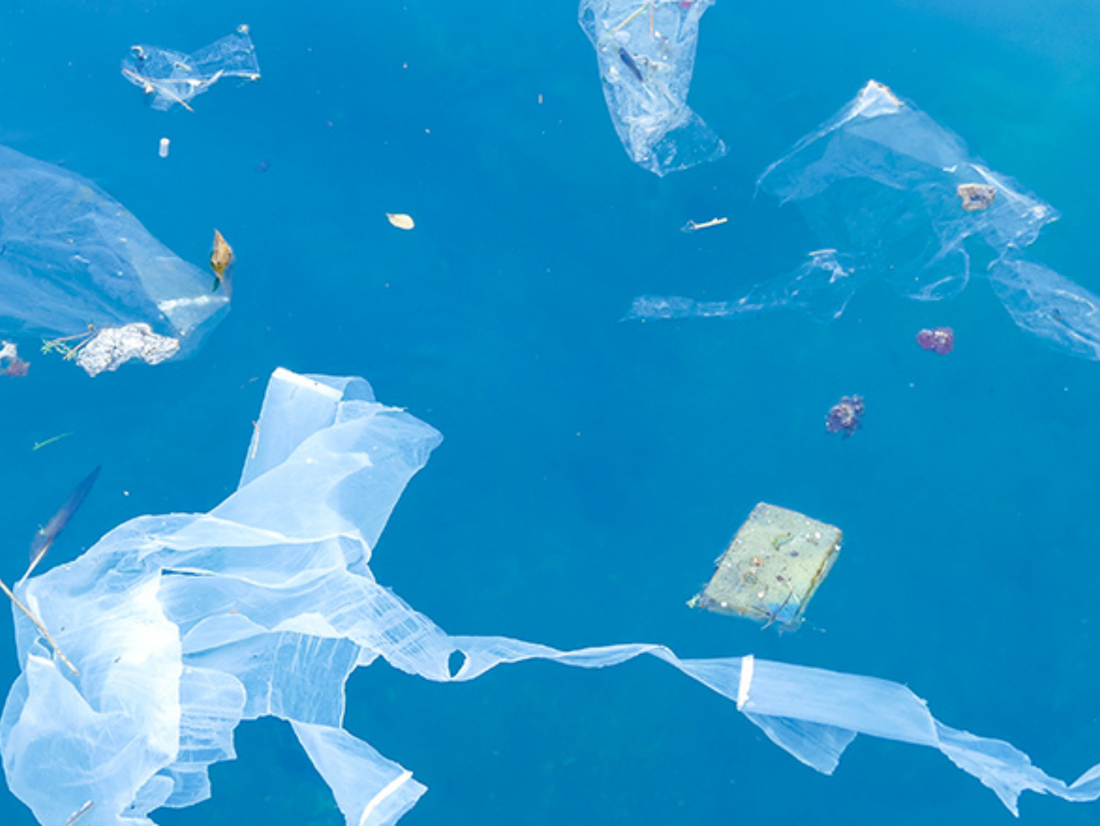THE PROBLEM
The case for manufacturing with recycled ocean plastic and ocean-bound plastic is simple. Plastic waste is polluting our waterways and the effects are tremendous. Marine species are ingesting and getting tangled in plastic debris, causing severe injuries and death. Plastic pollution is threatening food safety, human health, coastal tourism and climate change. According to the World Economic Forum, there will be more plastic than fish in the oceans by 2050 if we don't take immediate action. This is an environmental crisis. Now is the time for change.
STATS:
- 12 million tonnes of plastic finds its way into waterways each year.
- Microplastics have been found in tap water, beer, salt and even breast milk.
- Not one square mile of surface ocean anywhere on earth is free of plastic pollution.
- The largest accumulation of plastic pollution is in the Great Pacific Garbage Patch, which is so large it’s 3 times the size of France.
- 1 plastic bottle stays in the ocean for approximately 450 years.
- 100% of baby sea turtles have plastic in their stomachs.
- 91% of consumers are concerned about plastic waste.
WHAT WE’RE DOING ABOUT IT
When plastic was created, there was no plan for what to do with it once we’re finished using it. To combat plastic pollution, many innovative solutions are emerging, one of which is the manufacturing of products using recycled ocean plastic and ocean-bound plastic. Using recycled ocean plastic is a game-changer for our environment. Almost anything can be made using at least a portion of recycled ocean plastic or ocean-bound plastic. Manufacturing with recycled ocean plastic addresses three of the United Nations Sustainable Development Goals. #6 Clean Water and Sanitation; #12 Responsible Consumption and Production; and #14 Life Below Water.

Each OSHEN case prevents 1.3 pounds of plastic from entering our waterways. In manufacturing with plastic waste, we not only prevent further harm to the environment but also actively participate in its restoration. Manufacturing with recycled ocean plastic enables us to be participants in a circular economy, which is the idea of designing out waste and pollution, keeping products and materials in use, and regenerating natural systems.
“We will never run out of ocean plastic to work with. There is so much plastic in our oceans that if we stopped the flow of plastic into waterways today, there would still be more plastic than we could use in our lifetime, our children’s lifetime and our grandchildren’s lifetime,” said Rob Ianelli, Founder & President, Oceanworks.
Recycling ocean plastic can also generate economic opportunities, especially in areas heavily affected by plastic pollution. Our material provider and partner, Oceanworks, the world’s largest marketplace for recycled ocean plastic material, trains and works with people living in those communities most affected by plastic pollution. Collection and processing of ocean plastic can provide jobs and create a market for sustainable products, while improving local communities. By investing in recycling initiatives, we stimulate local economies while addressing environmental issues.
MOVING FORWARD

OSHEN joins brands like Kevin Murphy, Cocofloss, Caliray, and many more, who are actively using ocean plastic in their products, working to improve sustainability efforts and offering consumers more eco-conscious options. Businesses and consumers should not just embrace this sustainable approach but demand it. By choosing products made from recycled ocean plastic, we all play a part in healing our planet, one step at a time. It's a small change with a significant impact, and together, we can make a world of difference. Let’s change our habits, use our voice and make the planet’s health a priority.

